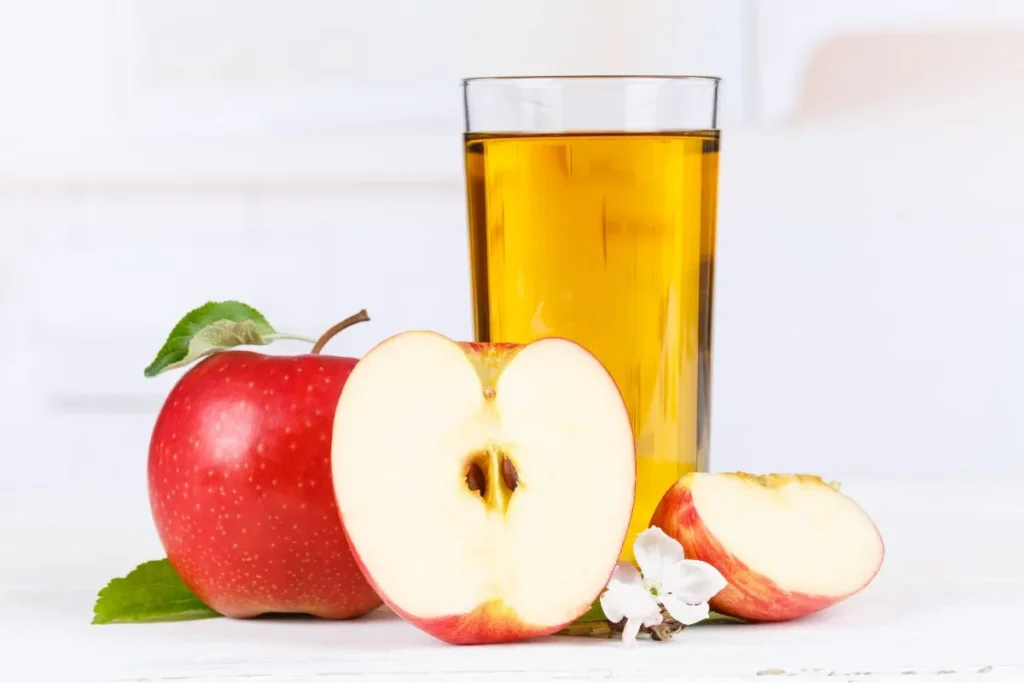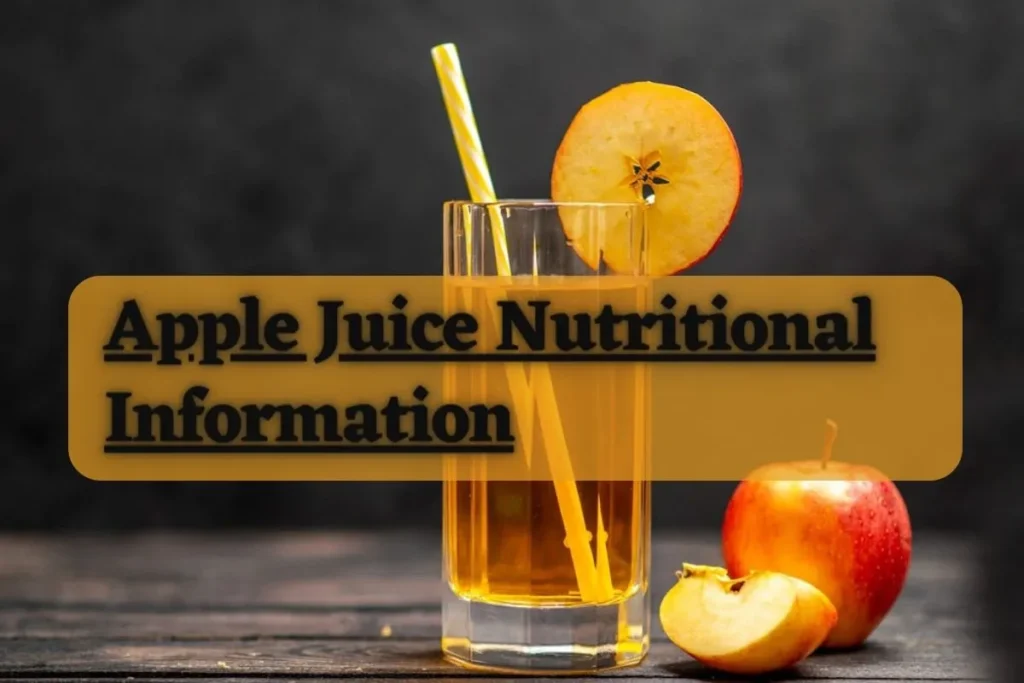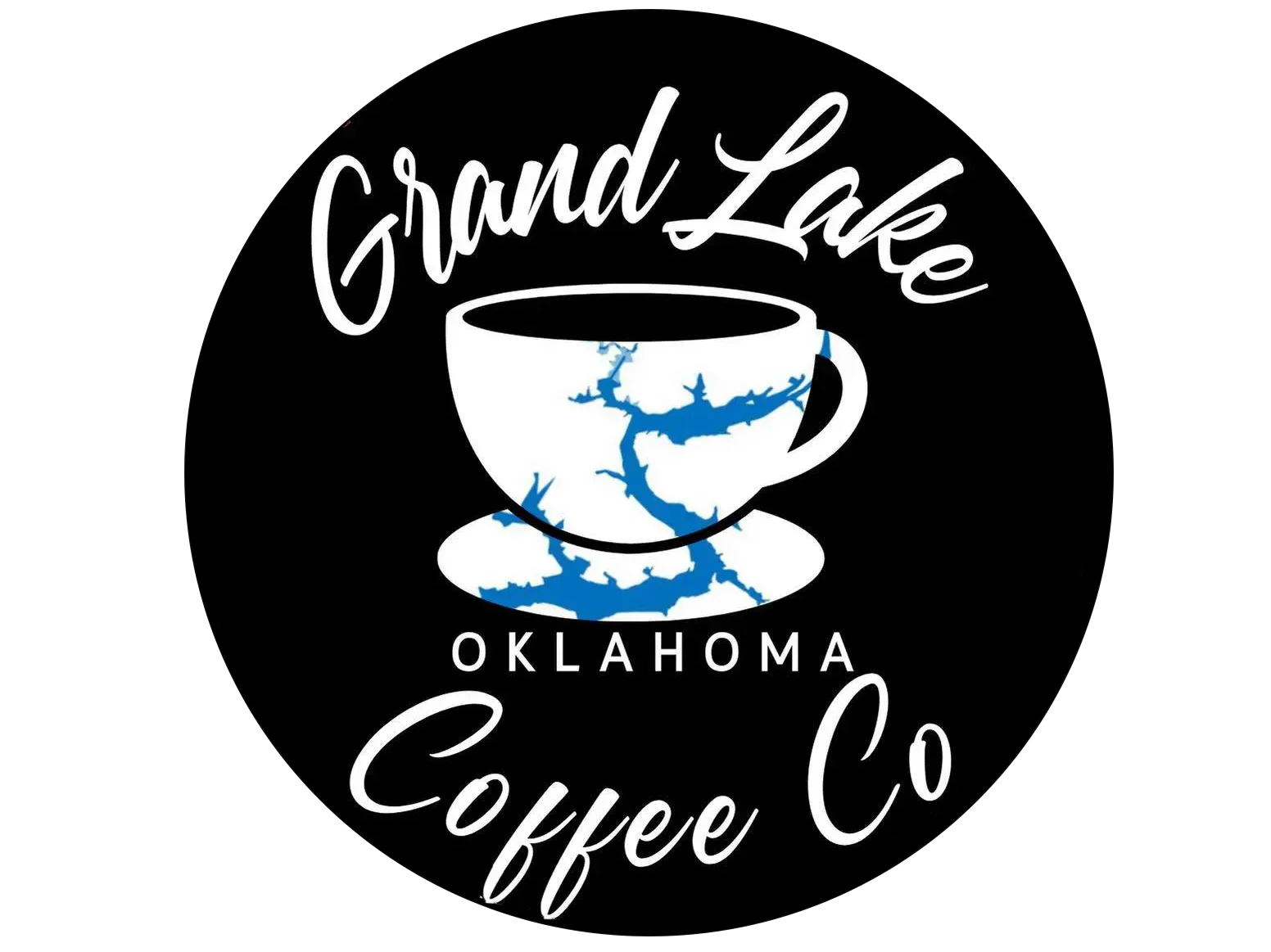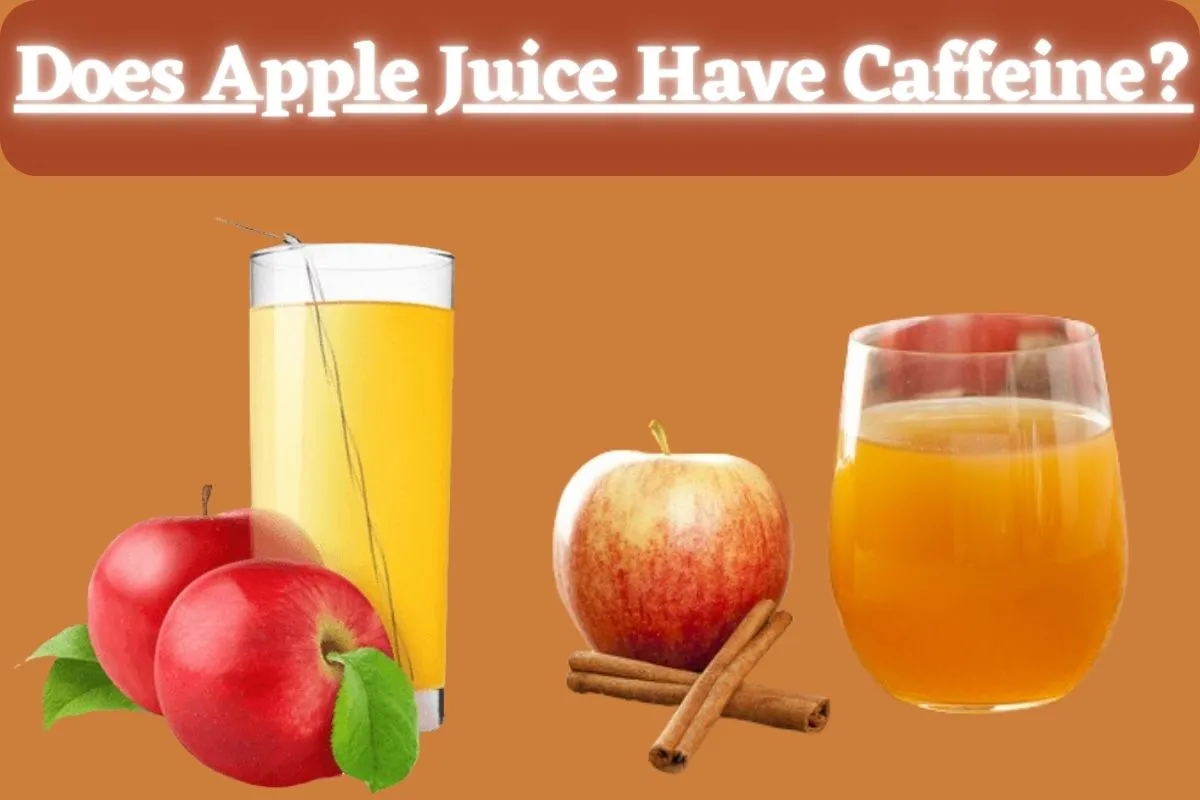Apples, a fruit with a long and storied history, have been cultivated and enjoyed worldwide for centuries. Their sweet and slightly tart juice is a popular beverage choice. However, a common question lingers: Does Apple Juice Have Caffeine?, the stimulant widely present in coffee, tea, and other drinks? ‘
To address this query, it’s essential to examine the composition of apple juice and determine whether it offers the same energy boost associated with caffeinated beverages.
Importance of Knowing Caffeine Content in Apple Juice

Apple juice is a fruit juice made by the maceration and pressing of an apple. The production process involves washing, sorting, and grinding the apples before pressing them to extract the juice.
The history of apple juice can be traced back to ancient times, where it was produced and consumed as a fresh beverage. However, the commercial production of apple juice only became widespread in the 20th century due to the complex and costly equipment required for extraction and clarification.
Today, apple juice is one of the most common fruit juices globally, with world production led by China, Poland, the United States, and Germany.
The benefits of apple juice are numerous. It is a rich source of vitamins and minerals, including vitamin C, potassium, and antioxidants. These nutrients can help boost the immune system, improve cardiovascular health, and reduce the risk of chronic diseases such as cancer and diabetes.
Additionally, apple juice is low in calories and can aid in weight loss when consumed in moderation.
Knowing the caffeine content in apple juice is crucial for individuals who are conscious of their caffeine intake. While apple juice itself does not contain caffeine, understanding this fact is essential for those looking to avoid caffeine or manage their consumption levels effectively. This knowledge allows individuals to make informed choices about their beverages, especially if they are seeking alternatives to high-caffeine drinks like coffee.
Does Apple Juice Have Caffeine?
No, apple juice in its purest form has caffeine. Apples themselves do not contain the chemical compounds that create the stimulating effects of caffeine. Caffeine is primarily derived from sources like coffee beans, tea leaves, cacao beans, and some nuts.
The misconception that apple juice has caffeine likely arises for a couple of reasons:
- The Sugar Rush: Apples contain natural sugars, and consuming apple juice can provide a temporary boost in energy. This energy surge can sometimes be mistaken for the alertness and focus that comes with caffeine consumption.
- Mislabeling and Additives: Some processed apple juice products might be blended with other fruit juices or ingredients that naturally contain caffeine. Additionally, certain energy drinks or flavored beverages might include apple juice as a minor ingredient alongside caffeinated components. It’s crucial to carefully examine product labels to ensure you are getting caffeine-free apple juice.
To guarantee a caffeine-free experience, always opt for brands labeled as “100% apple juice.” These products contain nothing but juice extracted from apples. Look out for variations labeled “apple juice cocktail” or similar, as those often have additional ingredients or juices blended in.
Apple Juice Variants and their Caffeine Content
Apple juice comes in various forms and variations to cater to different preferences and dietary needs. Some common variants include:
- 100% Pure Apple Juice (Caffeine-free): This variant contains only the juice extracted from apples, with no added sugars, preservatives, or additives. It offers the pure, natural taste of apples in liquid form.
- Organic Apple Juice (Caffeine-free): It is produced following strict organic standards to ensure a healthier and more environmentally friendly option.
- Unsweetened Apple Juice (Caffeine-free): Unsweetened apple juice is devoid of added sugars, providing a naturally sweet flavor derived solely from the apples themselves. It’s a great choice for those looking to minimize their sugar intake while still enjoying the taste of apple juice.
- Low-Calorie Apple Juice (Caffeine-free): Low-calorie apple juice variants are formulated to contain fewer calories than traditional apple juice while still retaining the delicious apple flavor.
- Apple Juice Blends (Caffeine-free): To generate interesting flavor combinations, some apple juice products are combined with other fruit juices, like grape, cranberry, or pears. These blends offer a refreshing twist on traditional apple juice and may provide additional nutritional benefits from the added fruits.
- Apple Juice Concentrate (Caffeine-free): Apple juice concentrate is a concentrated version of apple juice with a thicker consistency that has had the water removed. It is often used as a base for reconstituted apple juice or as an ingredient in cooking and baking recipes.
- Fortified Apple Juice (Caffeine-free): To improve its nutritional value, fortified apple juice may include extra vitamins or minerals like calcium or vitamin C. These variants provide extra nutrients beyond those naturally found in apples.
- Sparkling Apple Juice (Caffeine-free): Sparkling apple juice is carbonated, giving it a fizzy texture similar to soda but without the caffeine or artificial flavors. It’s a fun and refreshing option for those looking for a bubbly alternative to traditional apple juice.
List of Ingredients in Apple Juice
The ingredients typically found in apple juice include:
- Apples: The primary ingredient in apple juice is, of course, apples. The juice from these fruits is extracted by pressing or squeezing them, and this serves as the beverage’s foundation.
- Water: Water is often added to apple juice to dilute the concentrated apple juice and achieve the desired flavor and consistency.
- Natural Flavors: Some varieties of apple juice may include natural flavors to enhance the taste or aroma of the beverage.
- Vitamin C (Ascorbic Acid): Vitamin C, or ascorbic acid, is sometimes added to apple juice as a preservative to maintain its freshness and prevent oxidation.
- Citric Acid: Citric acid is another common additive in apple juice, which serves as a natural preservative and contributes to the tartness of the juice.
- Sugar (Optional): Depending on the manufacturer and the desired sweetness level, some apple juice products may contain added sugars. These sugars can include sucrose, glucose, or fructose, and are used to sweeten the juice.
- Preservatives (Optional): To extend the shelf life of apple juice, some manufacturers may add preservatives such as potassium sorbate or sodium benzoate. These ingredients help prevent spoilage and maintain the quality of the juice over time.
Apple Juice Nutritional Information

A single cup (248 grams) of apple juice contains approximately 114 calories. It has minimal fat content (0.3 grams) with negligible amounts of saturated and trans fats. Apple juice is cholesterol-free and contains only trace amounts of sodium (9.9 milligrams).
The majority of its composition comes from carbohydrates (28 grams), mostly in the form of natural sugars (24 grams). It offers a small amount of dietary fiber (0.5 grams).
In terms of vitamins and minerals, apple juice provides a modest amount of vitamin C, calcium, iron, and potassium. Notably, one cup of apple juice contains no caffeine.
| Nutrition Facts | Amount Per Serving |
| Serving Size | 1 cup (248 grams) |
| Calories | 114 |
| Total Fat | 0.3 grams (0% DV) |
| Saturated Fat | 0.1 grams (0% DV) |
| Trans Fat | 0 grams |
| Polyunsaturated Fat | 0.1 grams |
| Monounsaturated Fat | 0 grams |
| Cholesterol | 0 milligrams (0% DV) |
| Sodium | 9.9 milligrams (0% DV) |
| Total Carbohydrates | 28 grams (10% DV) |
| Dietary Fiber | 0.5 grams (2% DV) |
| Sugars | 24 grams |
| Protein | 0.3 grams |
| Vitamin D | 0 mcg (0% DV) |
| Calcium | 20 milligrams (2% DV) |
| Iron | 0.3 milligrams (2% DV) |
| Potassium | 250.5 milligrams (5% DV) |
| Caffeine | 0 mg |
Read Also:
Alternatives to Apple Juice and their Caffeine Content
There are several alternatives to apple juice available for those seeking different flavors or nutritional profiles. Here are some popular options:
Grape Juice:
Grape juice, available in both white and red varieties, is a caffeine-free option for those who enjoy a sweeter fruit beverage. White grape juice offers a mellow sweetness, while red grape juice provides bolder, tangier notes. Beyond flavor, grape juice provides antioxidants and polyphenols, beneficial compounds that can support overall health.
Cranberry Juice:
With its signature tartness, cranberry juice is another naturally caffeine-free alternative to apple juice. Often blended with other juices or sweeteners to balance its acidity, cranberry juice is recognized for its potential benefits in promoting urinary tract health. It also offers a good source of vitamin C for immune function.
Orange Juice:
A classic breakfast staple, orange juice naturally contains zero caffeine. Its bright, citrusy flavor brings a refreshing sweetness and tanginess to your beverage choices. Beyond its delicious taste, orange juice is renowned as an excellent source of vitamin C, with additional benefits from potassium and folate.
Pomegranate Juice:
If you’re looking for a unique and sophisticated flavor profile, consider pomegranate juice. This caffeine-free juice delivers a complex sweetness and subtle tartness unlike any other fruit. Pomegranate juice boasts an impressive concentration of antioxidants that support heart health and offer anti-inflammatory benefits.
Watermelon Juice:
Watermelon juice is the epitome of refreshment, perfect for those seeking a caffeine-free hydrating beverage. Its subtle sweetness and juicy character make it a revitalizing treat, especially during warm weather. Watermelon juice also offers the antioxidant lycopene, which carries potential health benefits.
Coconut Water:
Derived from young green coconuts, coconut water is a naturally caffeine-free drink with a subtle sweetness and nutty undertones. It’s renowned as a stellar electrolyte-rich beverage, ideal for hydration after physical activity or in hot climates.
Herbal Tea:
Most herbal teas are caffeine-free, offering a diverse world of flavors and potential health benefits. Choose from soothing chamomile for calmness, revitalizing peppermint for digestive aid, spicy ginger blends, or explore the vast array of fruity or floral options. Herbal teas deliver antioxidants and can provide specific benefits tailored to the herbs used.
Sparkling Water (Flavored):
For a bubbly alternative to apple juice, flavored sparkling water is a great option. Naturally caffeine-free (unless additives are included, so always check the label!), sparkling water comes in a plethora of fruity flavors. It’s a healthier choice for hydration compared to sugary sodas.
Homemade Fruit-Infused Water:
Get creative and customize your hydration with homemade fruit-infused water. Experiment with various combinations of citrus, berries, melons, cucumbers, or herbs like mint and basil. This naturally caffeine-free option is a delicious way to boost your water intake and benefit from the vitamins and antioxidants present in the fruits.
Milk (Dairy or Plant-based):
Milk, whether traditional cow’s milk or plant-based alternatives like almond, soy, or oat milk, provides a naturally caffeine-free beverage choice (watch out for flavored varieties that might have caffeine). Regardless of type, milk offers a nutritious source of protein, calcium, and other essential nutrients.
| Beverage | Caffeine Content |
| Grape Juice | Caffeine-free |
| Cranberry Juice | Caffeine-free |
| Orange Juice | Caffeine-free |
| Pomegranate Juice | Caffeine-free |
| Watermelon Juice | Caffeine-free |
| Coconut Water | Caffeine-free |
| Herbal Tea | Caffeine-free (unless specified) |
| Sparkling Water (Flavored) | Caffeine-free (unless specified) |
| Homemade Fruit-Infused Water | Caffeine-free |
| Milk (Dairy or Plant-based) | Caffeine-free |
READ ALSO:
Conclusion
Does Apple Juice Have Caffeine? As we’ve discovered, apple juice stands out as a delicious and naturally caffeine-free option. However, if you’re looking to diversify your beverage choices, reduce your sugar intake, or simply explore new flavors, the world of caffeine-free drinks is vast and exciting!
From tart cranberry juice and antioxidant-rich pomegranate juice to the refreshing simplicity of watermelon juice or the hydrating benefits of coconut water, there’s something to satisfy every palate. For even more customization, try your hand at creating your own fruit-infused waters!
Frequently Asked Questions
Q1. Does apple juice provide the same energy boost as caffeinated beverages?
While apple juice provides a quick boost of energy due to its natural sugar content, the effect is temporary and different from the sustained alertness and focus that caffeine offers. Caffeine stimulates the central nervous system, while the energy from apple juice comes from a sugar spike that’s likely to be followed by a dip in energy levels.
Q2. Is apple juice a healthy choice for children?
Apple juice can be part of a healthy diet for children, but moderation is crucial. Its high sugar content can contribute to tooth decay, excess calorie intake, and sugar dependency. Prioritize whole fruits over juice as they provide additional fiber, which is important for digestion and satiety. If serving apple juice, dilute it with water and offer it in small portions.
Q3. Can I drink apple juice at night?
Drinking apple juice at night isn’t the best idea, as its sugar content can disrupt sleep patterns, especially in children. The energy burst from sugar might make it harder to fall asleep. Additionally, its acidic content may trigger reflux for some individuals. Opt for calming, caffeine-free drinks like herbal tea or warm milk instead.
Q4. Is it safe to drink raw apple juice?
Raw, unpasteurized apple juice or cider can carry the risk of foodborne bacteria like E. coli that can make you sick. Children, pregnant women, the elderly, or anyone with a compromised immune system need to avoid unpasteurized apple juice. Always choose pasteurized options to ensure safety.
Q5. Is apple juice acidic?
Yes, apple juice is considered acidic. If you have issues with acid reflux or sensitive teeth, consider diluting apple juice with water or opt for lower acidity drinks.

Rossi Glover, the passionate Owner of Grand Lake Coffee, infuses every cup with her love for coffee and dedication to quality. With an extensive background in the art and science of coffee, Rossi is not just a connoisseur but a storyteller, sharing the intricate tales behind each brew.

